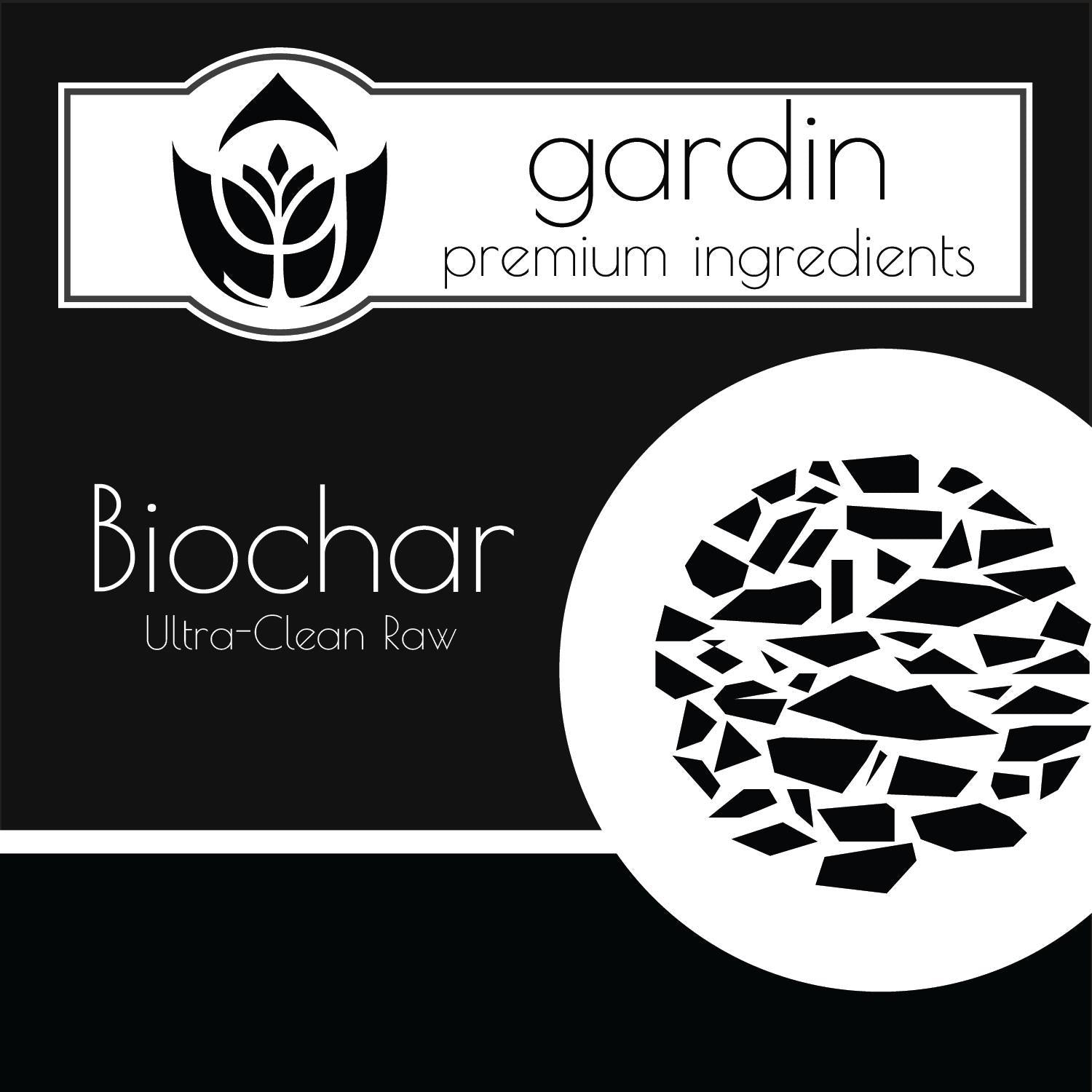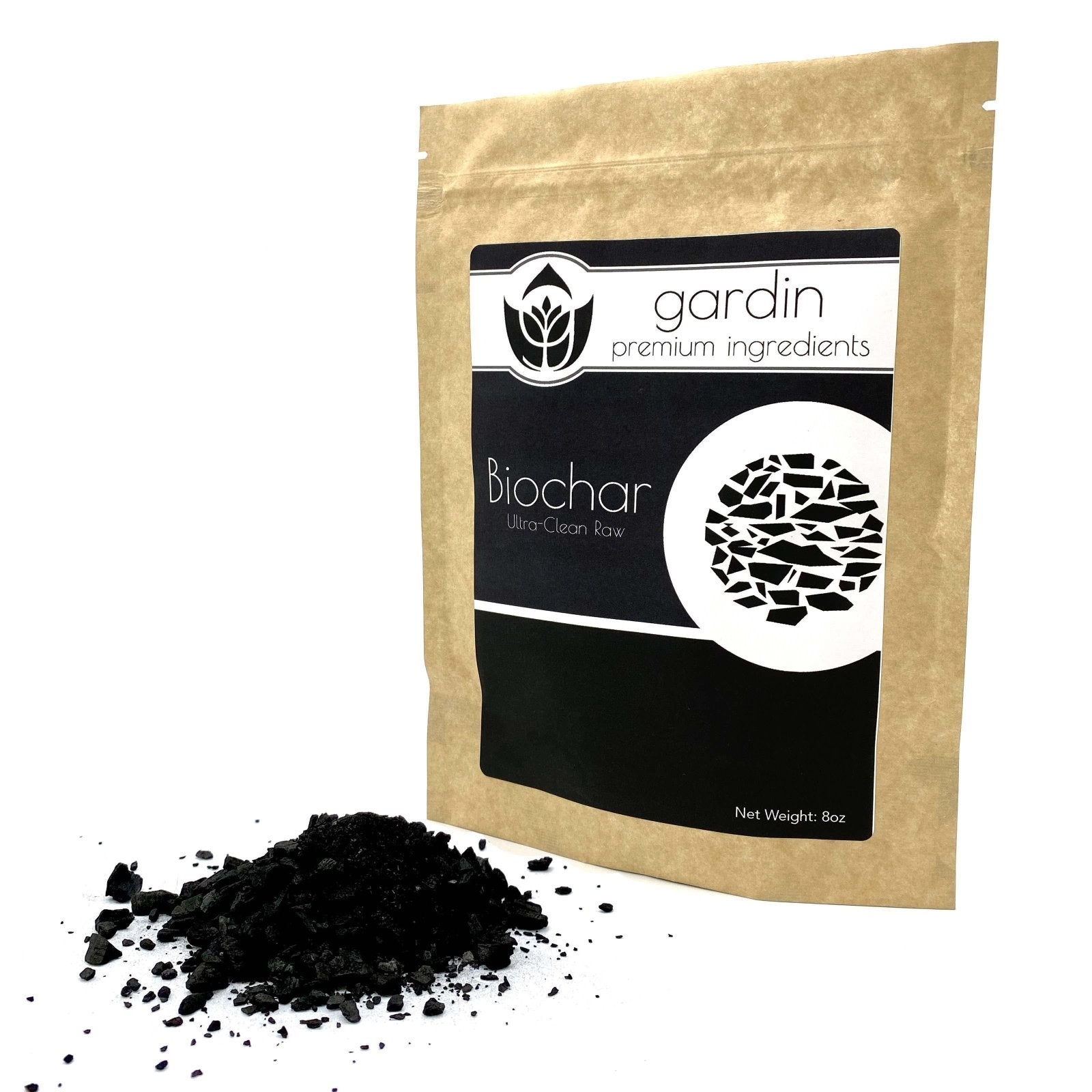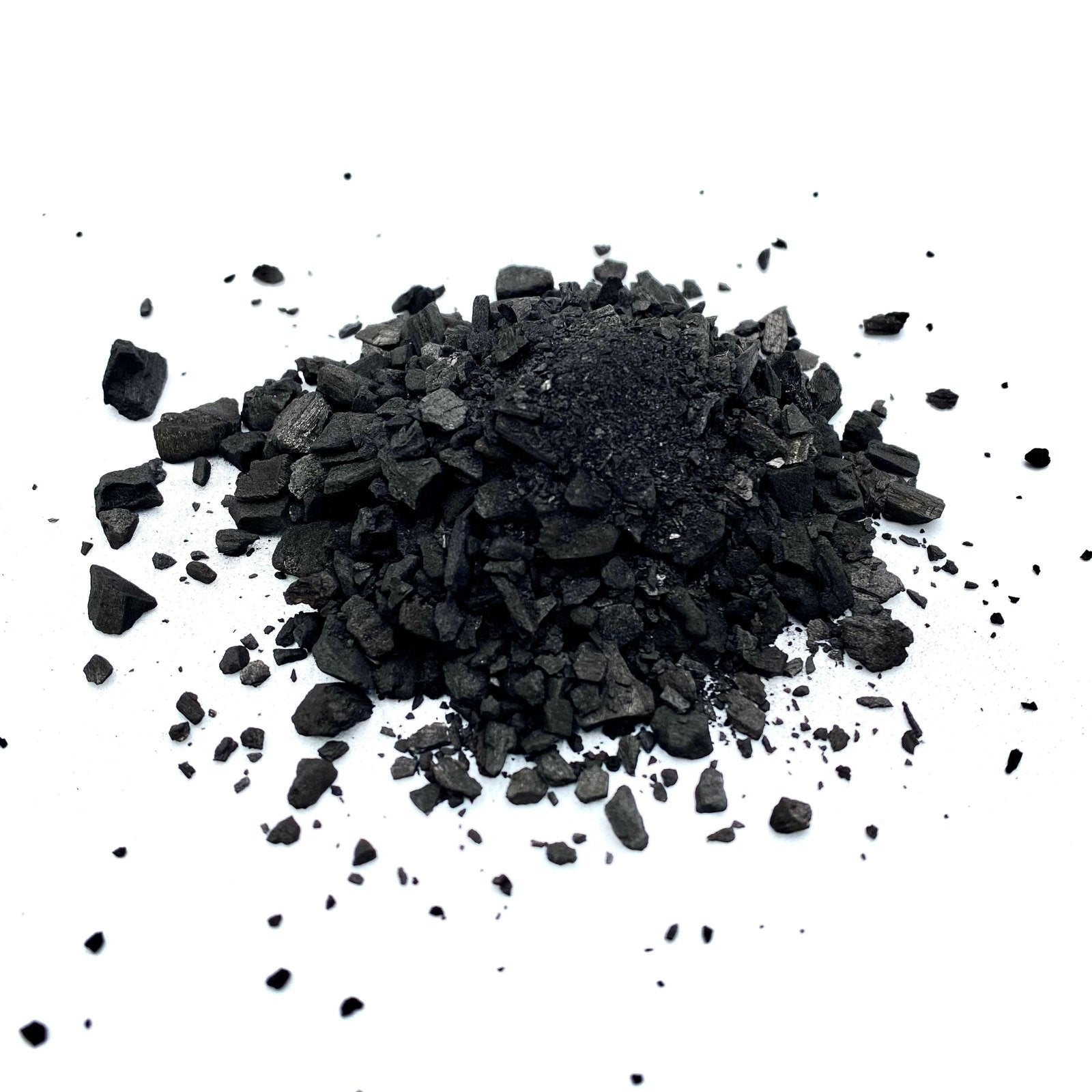Biochar is a type of charcoal that is produced through the pyrolysis of organic materials, such as wood, crop residues, or agricultural waste. It is widely used as a soil amendment to improve soil quality, increase nutrient retention, and enhance plant growth. Here's how you can use biochar for plants:
-
Soil Amendment: Incorporate biochar into your garden soil to improve its structure and fertility. Biochar has a high surface area, which can help increase water and nutrient retention in the soil. Mix it into the top few inches of soil or add it to planting holes when transplanting seedlings or new plants.
-
Nutrient Retention: Biochar acts as a sponge for nutrients, preventing them from leaching away and making them available to plants over an extended period. When you apply fertilizers or organic matter to the soil, biochar can help retain these nutrients, reducing the risk of runoff and waste.
-
pH Adjustment: Biochar has a neutral pH, so it can help buffer acidic or alkaline soils by bringing them closer to a neutral pH. This can be particularly useful for plants that prefer a specific pH range.
-
Microbial Activity: Biochar can enhance soil microbial activity. It provides a habitat for beneficial microorganisms, which can improve nutrient cycling, break down organic matter, and suppress harmful pathogens.
-
Compost and Vermicompost Additive: Mix biochar into your compost pile or vermicompost (worm compost) to improve the quality of the finished compost. Biochar helps absorb excess moisture and reduce odors, creating a more stable and nutrient-rich compost.
-
Seed Starting Mix: Incorporate biochar into seed starting or potting mixes to promote healthy root development for seedlings and young plants. It improves soil structure and aeration, which are crucial for young roots.
-
Reducing Greenhouse Gas Emissions: Biochar can help sequester carbon in the soil, reducing greenhouse gas emissions. When organic materials are converted into biochar through pyrolysis, carbon is stabilized in a form that resists decomposition.
-
Drought Resistance: Biochar can enhance a plant's resistance to drought stress by improving water-holding capacity in the soil. This can be particularly beneficial in regions with water scarcity.



